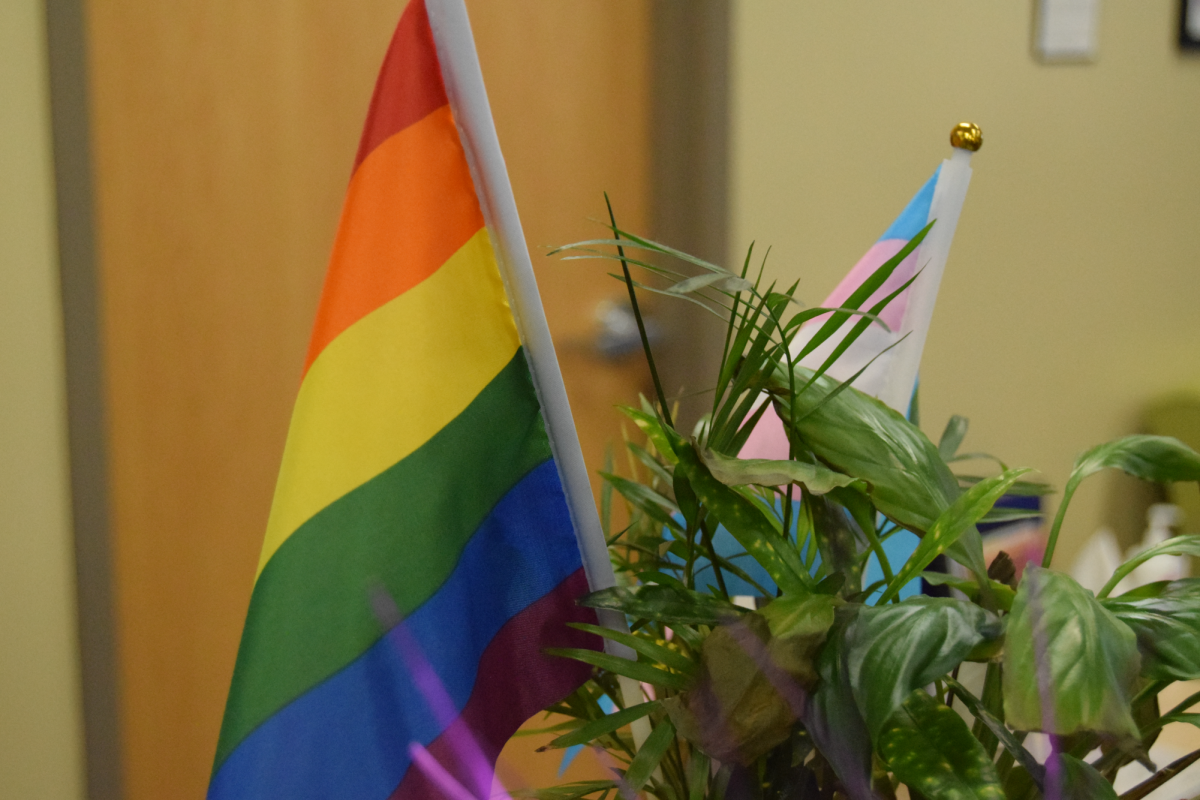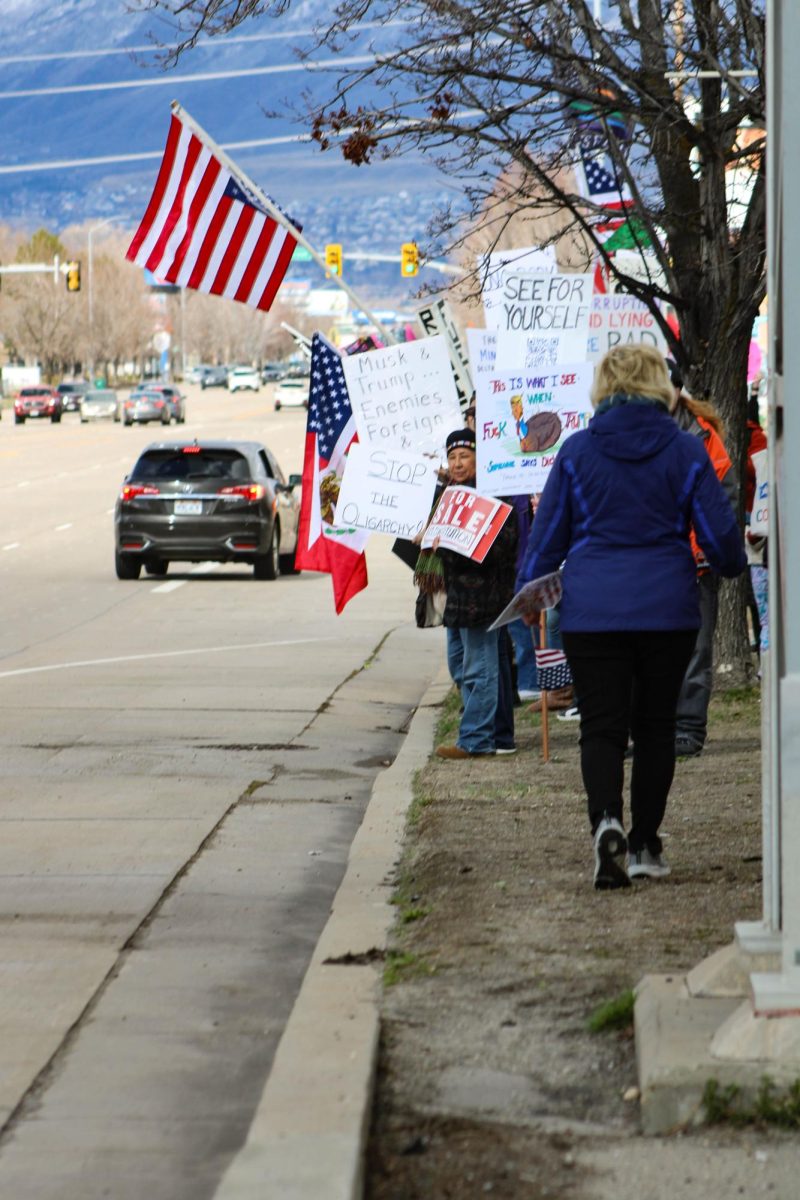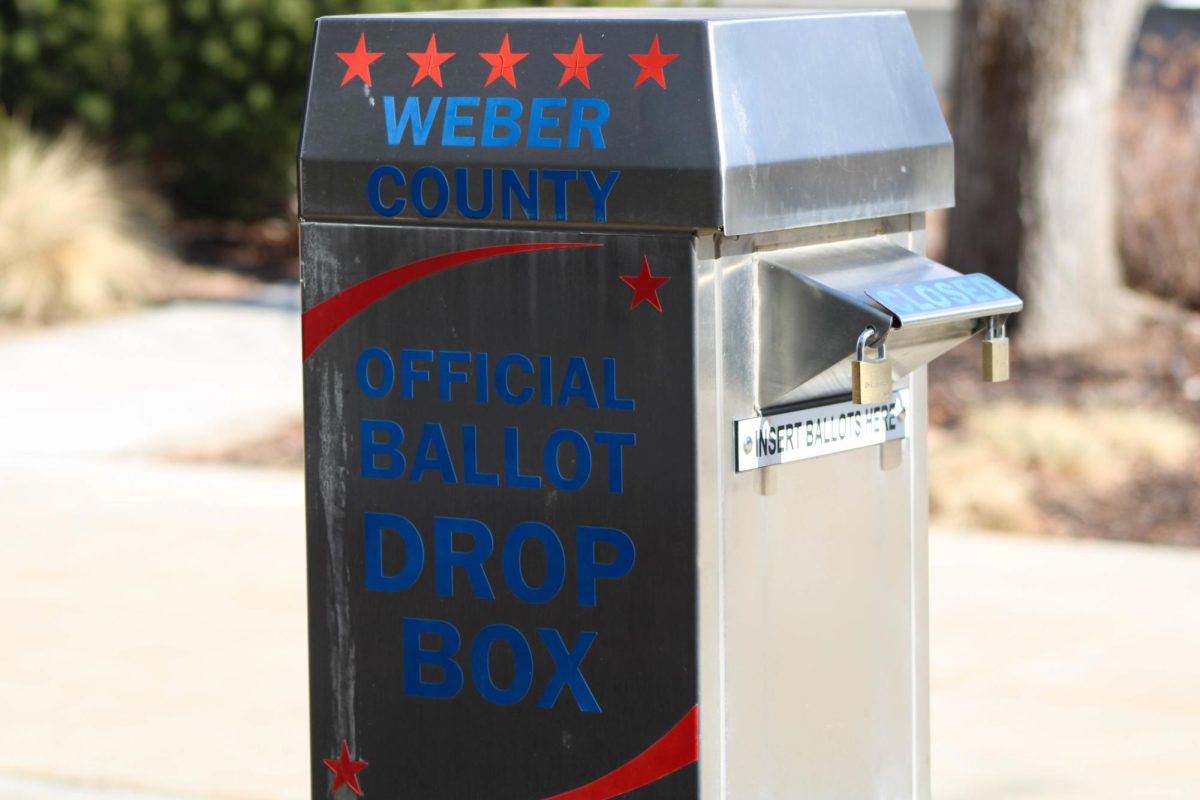
The zero-tolerance policy on illegal immigrants coming to the U.S. has faced public outcry since its inception in the spring of 2018, largely because families claiming asylum in the U. S. were being separated and held in custody.
Under the zero-tolerance policy, unauthorized adults must be prosecuted, and any minors accompanying them had to be separated from them. The Trump administration signed an executive order in late June allowing families to be detained together, stemming the tide of new separations.
The Health and Human Services department was charged with maintaining custody of the children separated from their parents at the border. In early July, Health and Human Services secretary Alex Azar said that the number of children being held in custody was close to 3,000.
Federal District Judge Dana M. Sabraw in San Diego gave the government until July 10 to reunite children younger than 5 with their parents. Azar told reporters that about 100 of the children held currently are less than 5-years-old. The government had until July 26 to reunite all families.
Hours before the final deadline on July 26, government officials released that they had reunited a total of 1.442 children with their parents. The Los Angeles Times reported that another 378 children have been placed with sponsors or have aged out and turned 18 during their time being held.
Slightly under two-thirds of the reunited children have been ordered deported. Another 700 were deemed ineligible for reunification. The American Civil Liberties Union, who, according to the Los Angeles Times, spurred Sabraw to issue the deadline after their lawsuit against the government, has argued the parents and children ordered deported should be allowed seven days in order to consult with lawyers.
According to government reports, many parents failed background checks or other governmental review, which denied them being reunited with their children. The government also reported that the parents of 120 of the children waived reunification, according to the Los Angeles Times.
However, the ACLU argued in court documents filed July 25 that many of the parents who waived reunification did so by signing documents they didn’t fully understand due to a language or literacy barrier.
The government faced difficulty in reuniting children with parents who had already been deported, and among the 700 ineligible, 430 of them had parents who had been deported.
With the deadline passed, the government must determine what to do with the children still held in custody because their parents have been deported. As of July 29, their is no plan for the children, but the government has been working to find parents who have been sent back to their countries of origin.
ACLU attorney Lee Gelernt said to the Los Angeles Times that he “is under no illusions that the search will be easy.” Gelernt noted that many of the parents may fear government persecution and want to remain hidden from their home country’s government.
In an effort to aid in the search, a number of nonprofit organizations like Al Otro Lado and Kids in Need of Defense announced they would contribute to the efforts to locate the parents of these children.



















